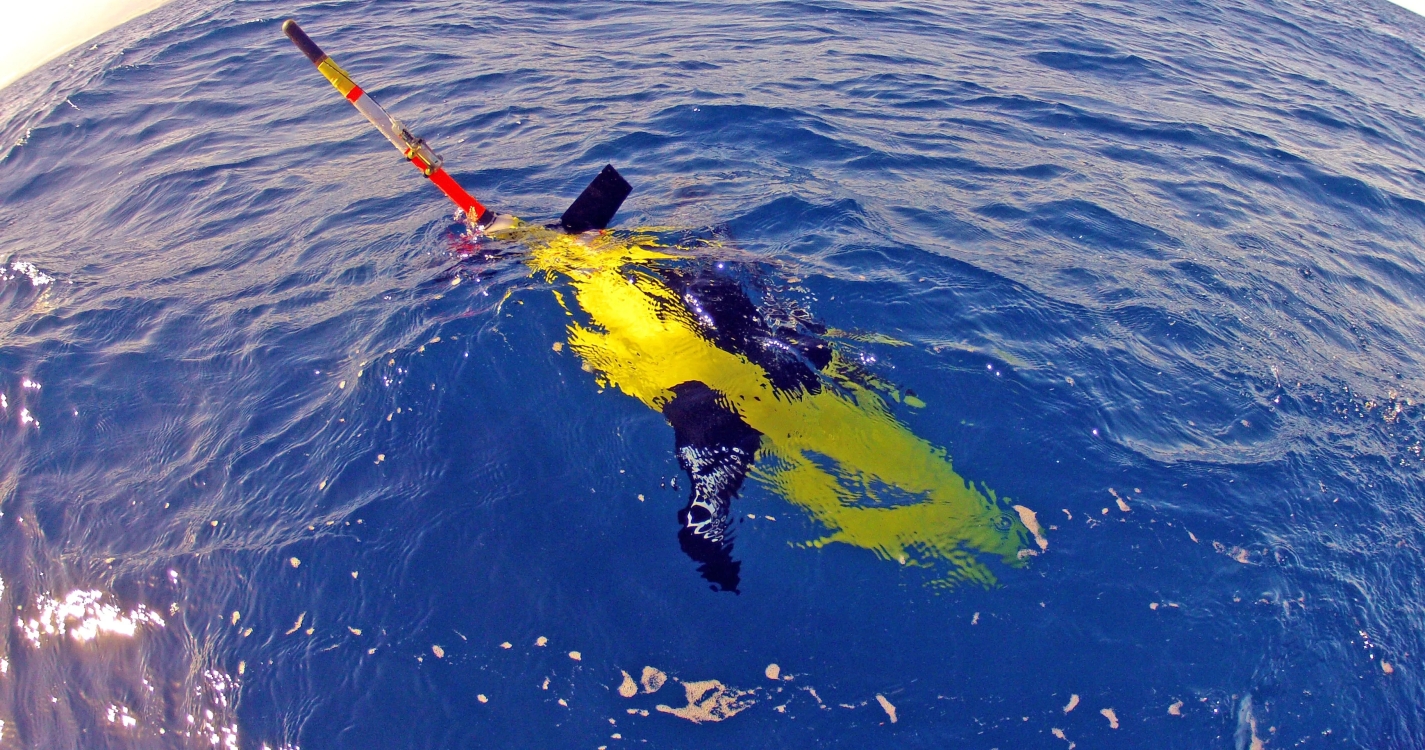18 / 01 / 2021

MISSION ATLANTIC will be a catalyst in linking research activities across the Atlantic. Photo: missionatlantic.eu
The Horizon 2020 project MISSION ATLANTIC will for the first time develop and apply the principles of integrated ecosystem assessment at the scale of the entire Atlantic Ocean. Ocean experts from Europe, Brazil, South Africa, Canada and the US have joined forces in this. They are developing so-called 'Integrated Ecosystem Assessments' (IEAs) for seven regional case studies. The various case studies cover both sub-arctic and tropical regions in the Atlantic Ocean, and from shallow coastal seas to the Mid-Atlantic Ridge.
This unique IEA approach engages scientists, marine stakeholders, and resource managers, integrating all components of the ecosystem, including human activity, into the decision-making process. In this way, managers and policy makers informed by science, can balance the need for environmental protection with secure, sustainable development, thereby ensuring a positive future for the Atlantic Ocean and its peoples.
Patrizio Mariani, MISSION ATLANTIC project coordinator, said “In an era of rapid transformations affecting our societies and our lives, we are asked to provide the scientific knowledge necessary to face future challenges and to guarantee a sustainable future for the next generations. By studying the complex Atlantic Ocean ecosystems, MISSION ATLANTIC will contribute to a better and more sustainable future for life on Earth."
Using high-resolution ocean models, artificial neural networks, risk assessment methods and advanced statistical approaches, MISSION ATLANTIC will accurately assess pressures imposed on Atlantic marine ecosystems, identifying the parts most at risk from natural hazards and the consequences of human activities.
The team will combine existing data from global ocean monitoring programmes with new observations collected using advanced marine robots and acoustic sensors. A truly multidisciplinary approach, these tools will be used to explore plankton and fish distribution in unknown waters, including sub-Arctic and tropical regions in the Atlantic Ocean.
As an internationally recognized data center, the Flanders Marine Institute (VLIZ) is responsible for the data management in the MISSION ATLANTIC project. The aim is to make all data and projects easy to find, accessible, interoperable and reusable (FAIR principles). The VLIZ marine data center (VMDC) will also use its knowledge and position within the European marine data landscape to support the research activities and the integrated ecosystem assessments (IEAs) of MISSION ATLANTIC. The European Tracking Network (ETN) will be one of the technology demos to test how to integrate, store and analyze big data in the MISSION ATLANTIC project.
Lennert Schepers, project manager at the data centre said “We are looking forward to using our expertise, and those of the partners, to support the data management of this exciting project. The new technologies and the amount of data that will be collected is challenging. Once collected, it is our task to make the data available beyond the project, for anyone interested in using the data.
In addition to expanding scientific knowledge of the Atlantic Ocean, MISSION ATLANTIC will focus on improving education and professional development opportunities in countries bordering the North, South and Tropical Atlantic Ocean. Regional stakeholder platforms will act as “science to governance” interfaces in these areas, enabling local communities to engage with their representatives and stimulate effective policies.
Through co-creation of management recommendations, MISSION ATLANTIC, will contribute to the commitments outlined in the Belém Statement on Atlantic Ocean Research and Innovation Cooperation between the European Union, Brazil and South Africa, and as part of the UN Decade of Ocean Science (2021-2030), supporting society in achieving a sustainable ocean.
Michael St. John, MISSION ATLANTIC Policy lead and Belém Panel Chair, said “In support of the Belém statement, MISSION ATLANTIC will be a catalyst in linking research activities in the South Atlantic and Southern Ocean with those in the North Atlantic. It will identify and strengthen synergies between the Atlantic Research Agenda, AIR Centre; Joint Programming Initiatives, as well as the Strategic Forum for International Science and Technology Cooperation, the European Union's Earth Observation and Monitoring programme - Copernicus, and the Benguela Current Commission. Through its activities, MISSION ATLANTIC will optimise the use and sharing of research infrastructures and, via the development of state-of-the-art data methodologies, enhance access to and management of data on the stressors and services provided by Atlantic ecosystems. Finally, and critically, the project will provide the knowledge and tools necessary to sustainably manage Atlantic ecosystem services as they are impacted upon by climate change and human activities.”

More information on the project website (under development):